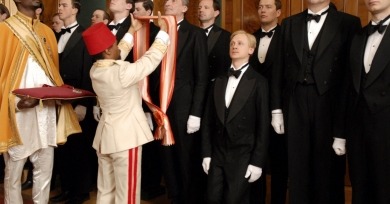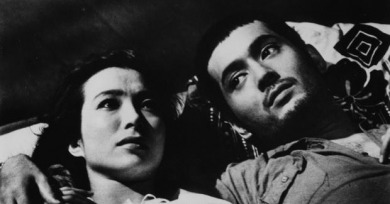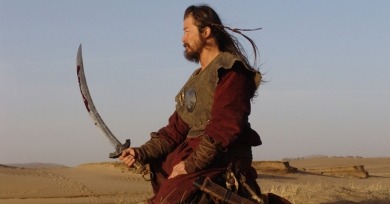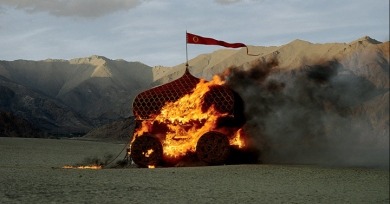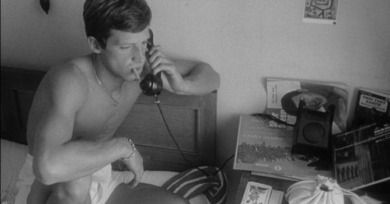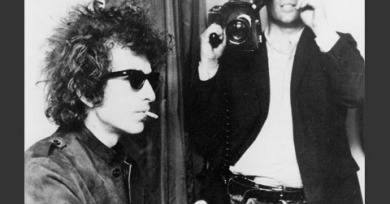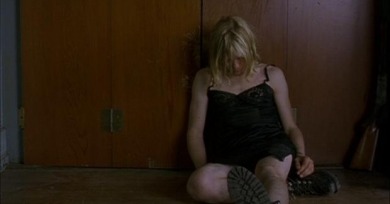Michael Joshua Rowin
The best compliment that can be paid The Universe of Keith Haring is that it is as inspiring at the level of a cinematic portrait as its subject was at the level of pure creation.
Silent Light is something unique, if not before unseen, and it should be recognized for what it is, rather than what others wish it to be.
Daughter of the Nile (1987) is one of Hou Hsiao-hsien’s least talked about, least studied works, a film nearly invisible among his post-A Time to Live and a Time to Die output.
It’s honest, beautifully subdued, and, up until a lame departure from Roth’s original ending, tough.
Mongol marks a personal first for this reviewer: a bloated epic so boring and unengaging that by its numbing conclusion (the word anticlimactic can only be used for stories that actually build) he was zapped even of the conviction to hate it.
Playwright John Guare must have had Indian director Tarsem Singh (or as he’s often simply known, Tarsem) in mind when he wrote about the increasing exteriorization of the term “imaginative”: “Why has ‘imagination’ become a synonym for style?”
The scaled-down war movies of today offer models of filmmaking opposed to bloated productions of previous eras, even the supposed heyday of post-Vietnam soul-searching. Yet a sad truth remains: to judge by box-office numbers and that vague barometer called the national zeitgeist, audiences don’t care.
Breathless, Pierrot le fou, A Woman Is a Woman, Les carabiniers
The 2003 film is modesty itself, not allowing its own art to take the spotlight off the Joffrey Ballet dancers who are, after all, the story and spectacle.
David Gordon Green shows his condescending hand early in Snow Angels. A high school marching band plays slovenly and moves in lockstep to a familiar-sounding pop hit on a football field in the cool winter air of some Everysuburb, USA.
As in his stunningly assured debut, Man Push Cart, Iranian-American director Ramin Bahrani uses Chop Shop not to sentimentalize the travails of one of NYC’s multitudinous, ignored underclass, but to discover, as Arthur Miller once said of The Bicycle Thief, “Everyman’s search for dignity.”
In the documentary Nanking, directors Bill Guttentag and Dan Sturman piece together the tragic story of the Japanese army’s sacking of the titular Chinese city during World War II using, in part, newsreel footage and emotionally wrenching interviews with survivors and former soldiers.
For gravitating toward the myth of Kurt Cobain—and therefore the rock ‘n’ roll death myth itself—while simultaneously attempting to push out of its orbit, Gus Van Sant’s Last Days is a fascinating film. But it’s an awkward one for those whose formative years were affected or influenced by Nirvana . . .





